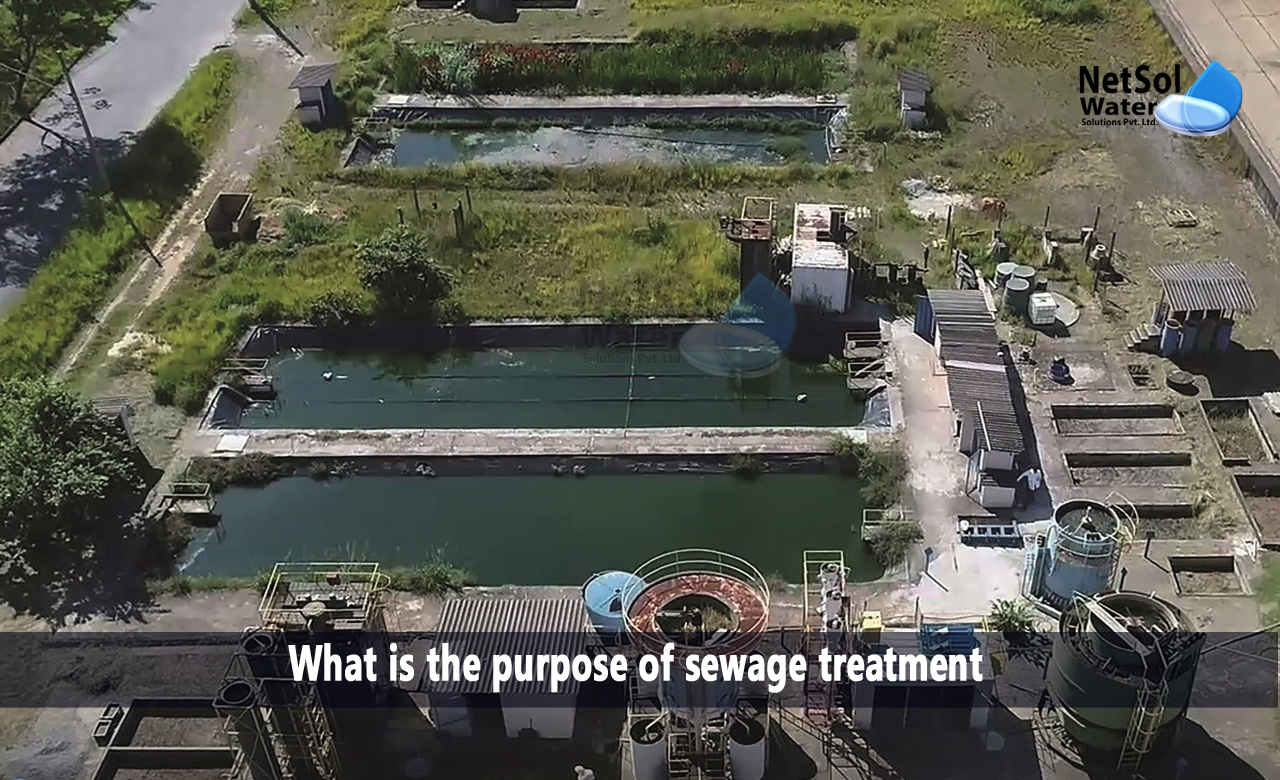Sewage treatment facilities are made to increase the purification of wastewater. The natural process of water treatment is overburdened by billions of human population, and thus, significantly more wastewater. Without wastewater treatment, the volume would wreak havoc, as it still does.
Almost 80% of all wastewater discharged worldwide goes untreated. The nations that do have sewage treatment plants utilize a variety of techniques, to purify water as much as possible before releasing it back into the environment, and to preserve the well-being of people.
So, what do you think the purpose of sewage treatment is?
What is treatment of sewage?
Wastewater is cleaned of all types of impurities during the sewage treatment process, which is normally a three-step procedure. If the water is deemed safe, it can be returned to the environment, whether it comes from a lake or a river, to start the cycle all over again.
What makes sewage treatment important?
The billions of gallons of sewage and wastewater produced every day would overwhelm nature, if we returned untreated sewage to the environment. Pollutants are decreased by treatment to a level that is considerably more tolerable for the environment.
We would endanger both the ecosystem and our own health if untreated water was allowed to flow freely through our rivers. Our rivers, lakes, and oceans are home to a wide variety of creatures and plants, many of whose lives could be in danger without access to clean water.
Without sewage treatment, it would have an impact on both humans and wildlife. Water would no longer be safe to swim in or play in, since it can contain hazardous or even fatal infections.
What is the purpose of sewage treatment?
· Wastewater treatment safeguards the environment and people
1: Elements in wastewater are hazardous to both people and the environment. Wastewater treatment facilities aid in water purification and help to prevent problems.
2: Unclean water provides serious health concerns and is responsible for 1.7 million annual deaths, more than 90% of which occur in developing nations.
3: Several developing nations still have high rates of water-related diseases, such as cholera and schistosomiasis, since only a very small portion (in some cases less than 5%) of home and municipal wastewater is treated, before being released into the environment.
· Ecology is also protected and preserved by the wastewater treatment
We know that fresh water is necessary for fish and the aquatic life. Excessive levels of chemicals, such as nitrogen and phosphates, can cause excessive plant growth and the discharge of toxins into water in streams, rivers, and other large bodies of water. Dead zones, where fish and other aquatic life can no longer exist, are the result of oxygen deprivation.
· The process of naturally treating water is overworked
The amount of wastewater generated now-a-days is too much for nature to handle. Natural wastewater processing cannot keep up, with the enormous amount of contaminants present.
The treatment of sewage in the future
Sewage treatment is necessary in terms of not only ensuring that wastewater is recycled, but also creating biogas from sewage sludge and eventually creating bio-refineries. In addition to using this waste to make gas for automobiles, bio-refineries will eventually contribute to the production of materials.
Conclusion
Protecting people and the environment from the hazardous and destructive substances contained in wastewater, is the primary objective of sewage treatment plants. Because, the natural process of purifying water is overburdened, water treatment facilities are created to accelerate the natural process. These sewage treatment facilities are used to cleanse wastewater, before reintroducing the water back into the environment
Call us for manufacture of Sewage Treatment Plants
If you're looking for a reputable business to do manufacture and yearly maintenance of your sewage treatment plant, go no further than Netsol Water. We have many years of experience in this industry, and are equipped to handle any task. Call us at +91 9650608473 or use our online platform to reach out to us right now.



